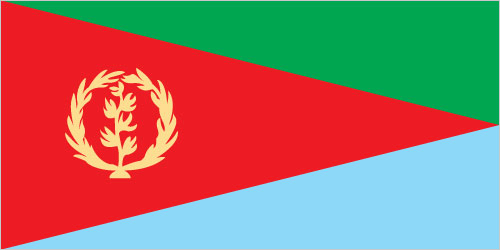Eritrea started its TNA in 2025. It seeks to identify pathways of sustainable development whilst strengthening climate adaptation capacity.
Climate change risks pose a serious challenge to Eritrea’s development priorities for agricultural development, livestock raising, forestry conservation, water resource management, coastal and marine environmental protection and safeguarding public health.
The most important pillars of Eritrea’s economy are agriculture, fisheries, industries, tourism, and mining. The majority of Eritrea’s population reside in rural areas, where they base their livelihoods on farming and pastoralism.
Climate change exposes the high vulnerability of local communities, as reduced water availability and desertification could lead to lower crop yields and increased food insecurity, while also straining water resources essential for drinking, irrigation, and livestock.
Eritrea aims to reduce its greenhouse gas emissions by 23.1% by 2030, compared to business-as-usual (BAU) scenarios. This target will be achieved through various measures, including expanding renewable energy sources such as solar and wind power, improving energy efficiency, and promoting sustainable land management practices. By participating in the TNA Eritrea will be better able to identify climate technologies that can help the country in meeting its mitigation and adaptation targets within relevant priority sectors.

